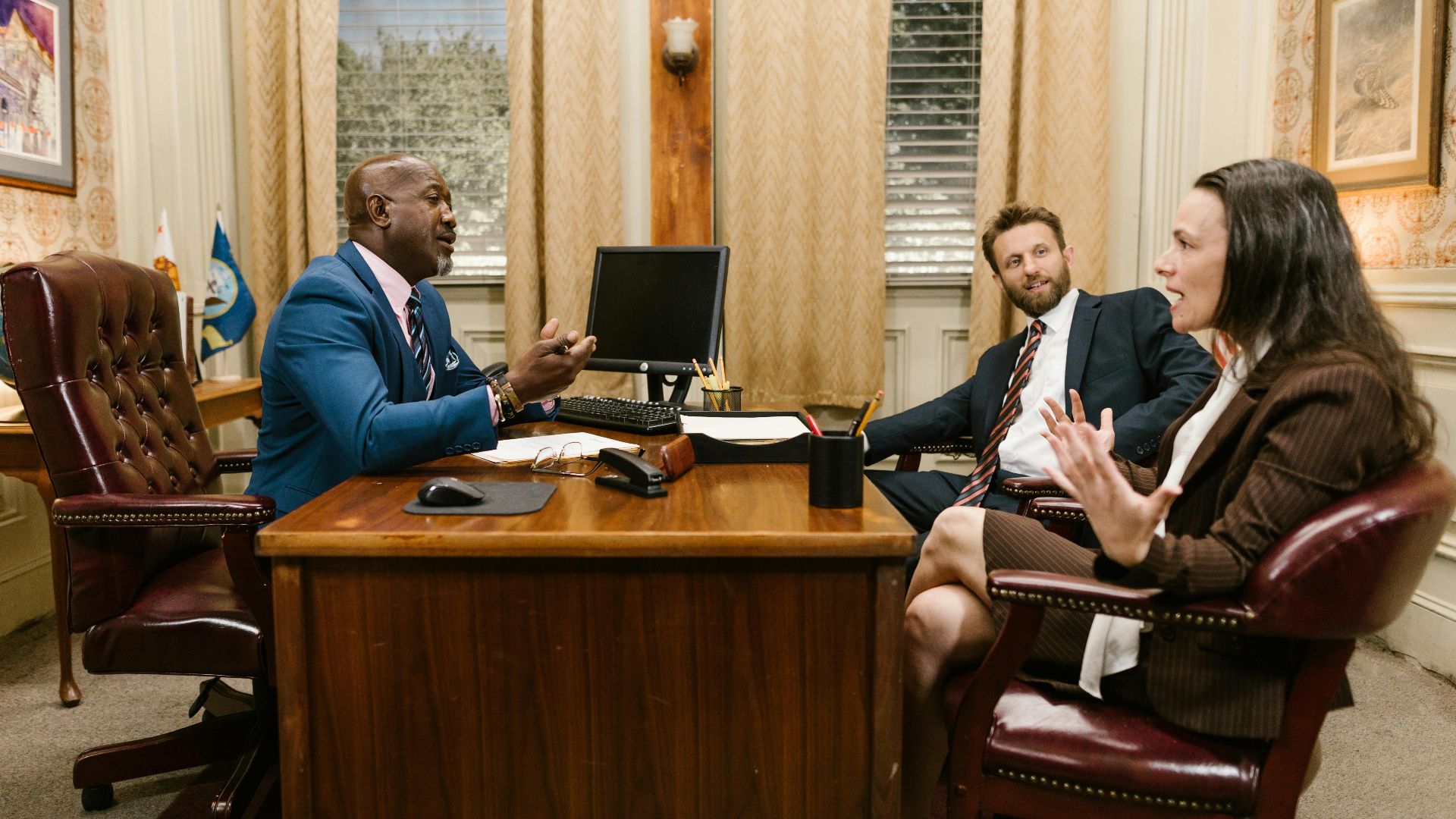Your Predicament
You received $60,000 from your dad’s estate, but the executor issued it before the estate’s debts were settled. You used the money to pay off credit cards, only to find out creditors to the estate have to be repaid first. Now you’re facing demands to return the money. Let’s look at what this means and what options you have.
Why Estate Debts Come First
In probate law, an estate’s debts and taxes have to be paid before heirs receive anything. Creditors have legal priority over distributions. If assets are issued too early, heirs can be required to give back the money. This guarantees the estate satisfies obligations fairly, even if it feels unfair to beneficiaries.
The Executor’s Role And Mistake
The executor is responsible for managing debts before giving out inheritances. If they issued your share prematurely, they may share some liability. Generally, though, courts hold heirs accountable for returning funds, regardless of the executor’s blunder. Understanding the executor’s duty will enable you to decide whether legal action against the executor is warranted, or possible.
Heir’s Obligation To Return Funds
Unfortunately, heirs can’t keep money that was improperly distributed. If the estate lacks the funds to cover its debts, you may be required to repay what you received. Courts generally treat this as restitution, not punishment. The only question really left now is: how do you manage repayment when you’ve already spent the inheritance?
Why Repayment Seems Impossible
You used the inheritance to pay off $60,000 in credit card debt, which means the money is no longer liquid. While your balances dropped, you’re now short on cash. This is a difficult situation: you improved one area of debt but must now meet another obligation.
Talk To The Executor Immediately
Start by getting in touch with the executor and find out the exactly how much creditors are demanding from the estate. Get documentation from him or her outlining what’s owed and why repayment is required. Clear communication means you’ll be less likely to pay more than necessary and it also gives you the chance to explore structured repayment instead of immediate lump sums.
Try To Negotiate With The Estate
You may be able to negotiate repayment terms with the estate. Executors often recognize that heirs don’t have the money readily available. Proposing a repayment plan can help you avoid legal escalation. Be proactive: offering solutions shows good faith on your part and could help keep the matter out of court.
 Photo By: Kaboompics.com, Pexels
Photo By: Kaboompics.com, Pexels
Assess Whether The Executor Is Liable
If the executor was negligent, they could be held partially responsible. Courts sometimes will let heirs seek contributions from the executor’s personal liability insurance or bond. Talking to an attorney can clarify whether executor error strengthens your position and if you should share repayment responsibility with them.
Review State Probate Laws
Each state has its own specific rules for estate administration and creditor priority. Some states limit the time creditors can file claims; others allow more aggressive follow-up. Knowing your state’s probate laws will help you know what obligations are enforceable and if the repayment demands are valid.
Consider Legal Counsel For Guidance
The situation is complex, so seek out the advice of a probate attorney. They can confirm if repayment is legally required, represent you in negotiations, and also look into whether executor liability applies. While legal fees may feel like a major expense at the worst possible time, professional advice can save you money and stress in the long run.
Options If You Can’t Afford To Repay
If you can’t pay the money back right away, discuss structured repayment with the estate or creditors. See if they’ll accept an installment plan rather than a lump sum. If repayment still seems impossible, bankruptcy could be a last resort. But that decision should only be made with legal advice after you’ve exhausted all alternatives.
Impact On Your Credit Score
If you default on repayment, the estate or creditors could sue, leading to judgments, liens, or wage garnishment. These all damage your credit score, making future borrowing harder. Acting quickly to arrange repayment terms can offset these risks and protect your financial stability going forward.
Take Advantage Of Your Reduced Credit Card Debt
Losing the inheritance may be painful, but having your credit cards paid off has at least reduced your high-interest debt. This puts you in a better position to handle repayment than before. By focusing on structured repayment, you can manage obligations without falling back into spiraling interest charges.
Beware Double Debt Trouble
Don’t negate your progress by charging up credit cards again to repay the estate. This just sets in motion a new cycle of replacing one debt with another. Try to focus on repayment plans, side income, or asset liquidation. Avoiding double debt keeps your financial recovery in place even in this less-than-ideal situation.
Discuss Family Mediation
If multiple heirs were paid out of the estate prematurely, the burden may be shared. Talk to your siblings or co-heirs about how repayment responsibilities could be divided. Family mediation can prevent disputes and ensure fairness in distributing repayment obligations. It can also ease tension during what’s almost certainly an already emotional process.
Document Everything
Keep records of everything, including executor communications, creditor demands, and repayment agreements. Documentation can protect you in case of disputes or lawsuits. Courts like to see written records, so organized paperwork is your best bet for a favorable outcome if repayment is contested.
The Possibility Of Garnishment
If negotiations fall through, creditors may seek wage garnishment or liens. Being ready for this possibility helps you protect essential income and assets. Some income, like Social Security or retirement funds, may be exempt. It’s critical to talk to a lawyer so you understand clearly what creditors can and can’t seize.
Learn From The Experience
This situation demonstrates the importance of waiting until probate is finalized before spending inheritance money. It’s a hard lesson, but it’s unlikely you’ll repeat the same mistake after what you’ve gone through here. In the future, always confirm that debts are fully settled before touching any inheritance money.
 ANTONI SHKRABA production, Pexels
ANTONI SHKRABA production, Pexels
Build Financial Resilience
To avoid future crises, stockpile an emergency fund and reduce your reliance on windfalls. Keeping a strong financial foundation will ensure you won’t be vulnerable if a mistake like this ever happens again. Resilience comes from steady planning, not miracle windfall lump sums.
Move Forward With Caution
It may seem unfair, but you can bounce back from this setback. Talk openly and patiently with the executor, seek legal guidance, and stay out of any new debt. Over time, you’ll rebuild financial stability. Treat the whole thing as a lesson in patience and planning that finely hones your approach to money—the smart way!
You May Also Like:

























